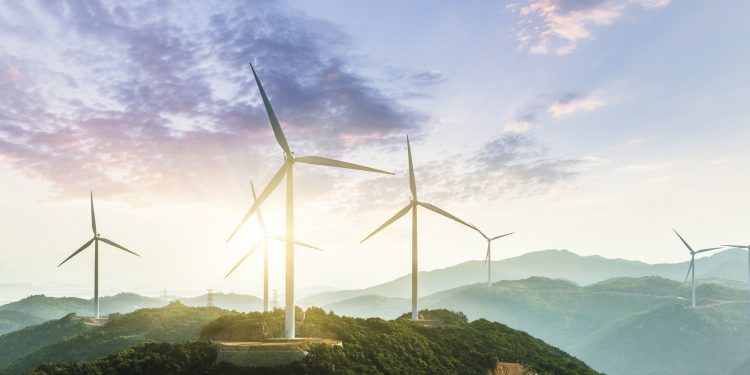Global Energy Transition Report
The World Economic Forum (WEF) released the Global Energy Transition Report, which aims to measure the progress of energy transition in various countries and the challenges they face in the future.
In this report, WEF has updated the framework of the Energy Transition Index (ETI) to ensure the effectiveness of ETI’s assessment and decision-making on global energy transition.
Major Developments in Global Energy Transition
WEF believes that the three most important topics in the energy transition are equity, security and sustainability. Although the world has made progress on specific aspects such as decarbonization and infrastructure, how to balance the above three topics remains a vital challenge. In terms of equity, fluctuations in global energy prices have reduced the ability of some countries to obtain energy, and high energy prices have had a negative impact on energy-intensive industries. In terms of subsidies, the total global subsidies for fossil fuels exceed US$1 trillion in 2022, making it more difficult to obtain funds for future energy transition.
In the overall energy transition process, the performance of emerging market economies outperforms the global average. The cost of reducing emissions in emerging market economies is half that of advanced economies, and energy investments in these economies can yield longer-term returns. In addition, global investment in renewable energy is already growing rapidly, reaching a total of $1.3 trillion in 2022, a 70% increase from 2019.
In terms of policies, various countries’ green transition plans, carbon boundary adjustment mechanisms, and the continuous development of mandatory carbon markets and voluntary carbon markets have provided assistance for financing activities in the low-carbon economy. Global greenhouse gas emission reduction commitments have increased from 69% to 77%.
Related Post: WEF Releases Voluntary Carbon Market Report

Global Energy Transition Based on ETI
WEF uses the ETI framework to measure the performance of countries in their energy transition. ETI has incorporated the three priorities of equity, security and sustainability, and involves regulatory policies, financial investment, talent training, infrastructure and technological innovation. WEF counts countries’ scores based on these items. From the analysis of the ETI rankings of various countries, Sweden, Denmark and Norway occupy the top three, and all the top ten are European countries. Brazil and China are the only two emerging market economies in the top 20.
From the three perspectives of equity, security and sustainability, the progress of energy transition varies widely among countries. 62% of the world’s population lives in countries that are promoting energy transition, and nearly 20% of the population lives in countries with high risks of transition. WEF believes that only two countries, India and Singapore, have made balanced progress in the three dimensions.
Regionally, advanced economies have established reliable energy systems and improved their ETI scores by 11% over the past decade. Emerging market economies have improved their ETI scores by 12% over the past decade, but have generally increased energy subsidies in the past year. WEF believes that the energy demand of these economies will double by 2050, and there is still a lot of room for sustainable innovation and the application of renewable energy.
Global Energy Transition Based on Equity, Security and Sustainability
WEF found that in terms of equity, the global ETI score fell by 4%, due to continuously rising energy prices and energy subsidy policies in various countries. In 2022, global oil subsidies increase by 85%, and natural gas subsidies increase by more than 100%. These subsidies have had a negative impact on consumers’ ability to adjust demand to energy prices and put pressure on relatively under capacitated emerging market economies.
In terms of security, the global ETI score increased by 0.6%, due to countries’ concerns about supply chains. WEF believes that diversification in energy structure and power supply can continue to improve this indicator. In terms of sustainability, the global ETI score increased by 1.5%, driven by countries’ use of renewable energy. WEF believes that improving energy efficiency and researching on carbon capture technology can also have an impact on this indicator.
Reference:








